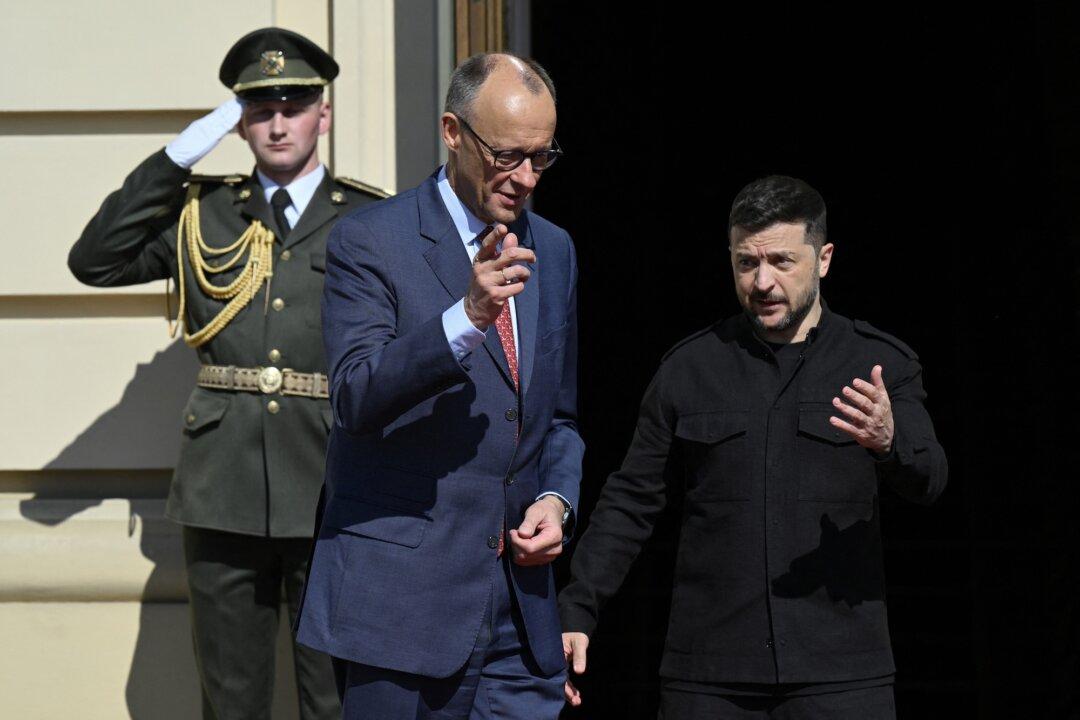German Chancellor Friedrich Merz on May 26 confirmed that Ukraine is now free to strike military targets deep inside Russia using Western-supplied weapons, as the Kremlin warned that such a move could sabotage fragile peace negotiations.
“There are no longer any restrictions on the range of weapons delivered to Ukraine,” Merz said during a forum hosted by public broadcaster WDR on May 26.





